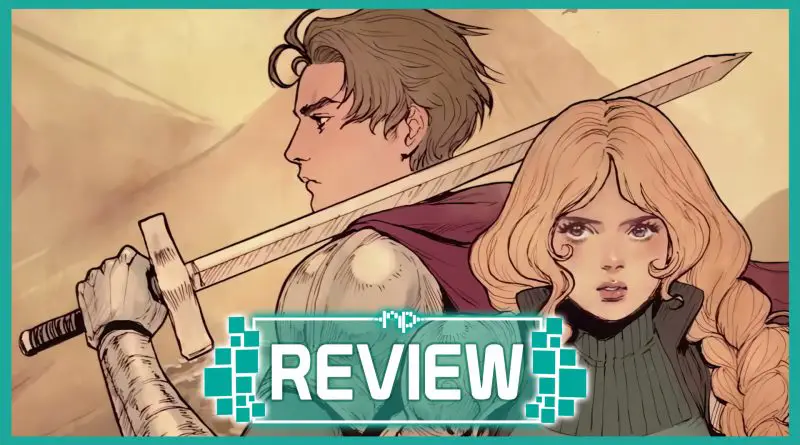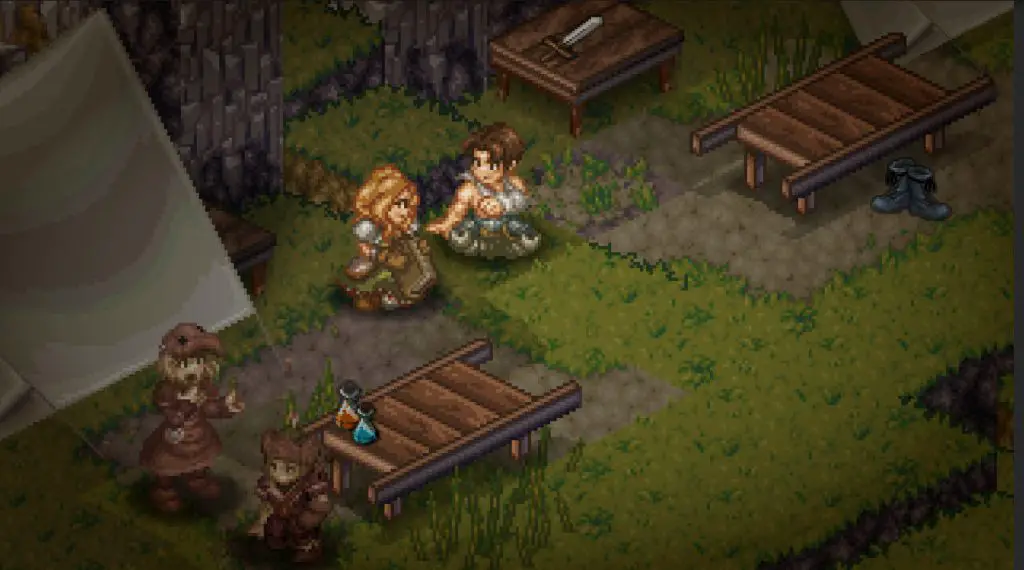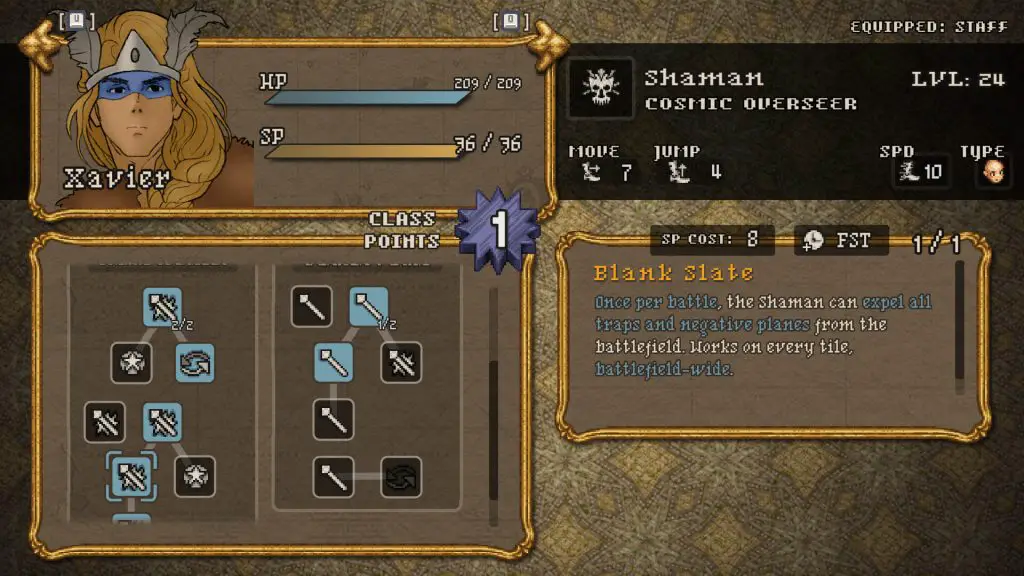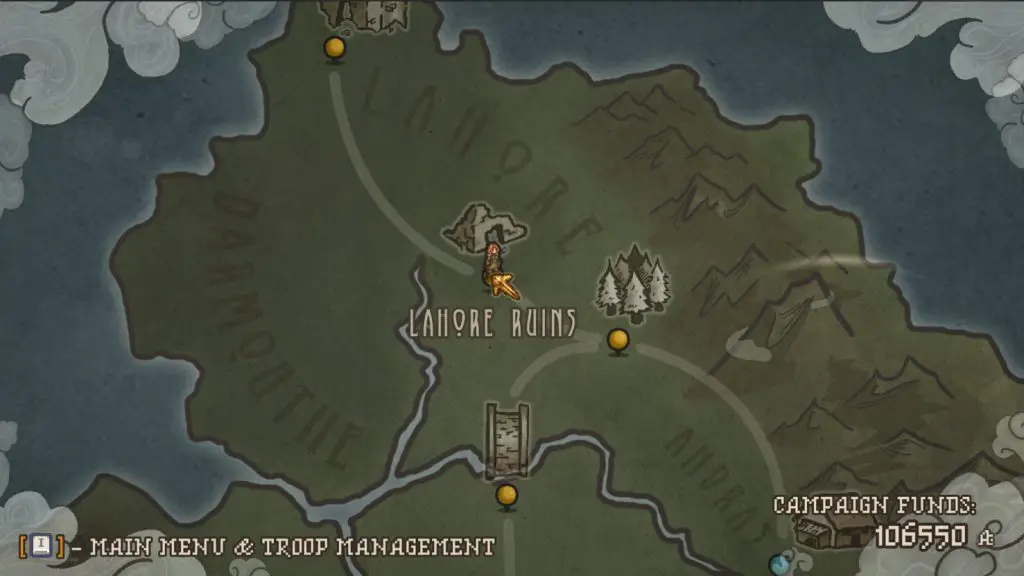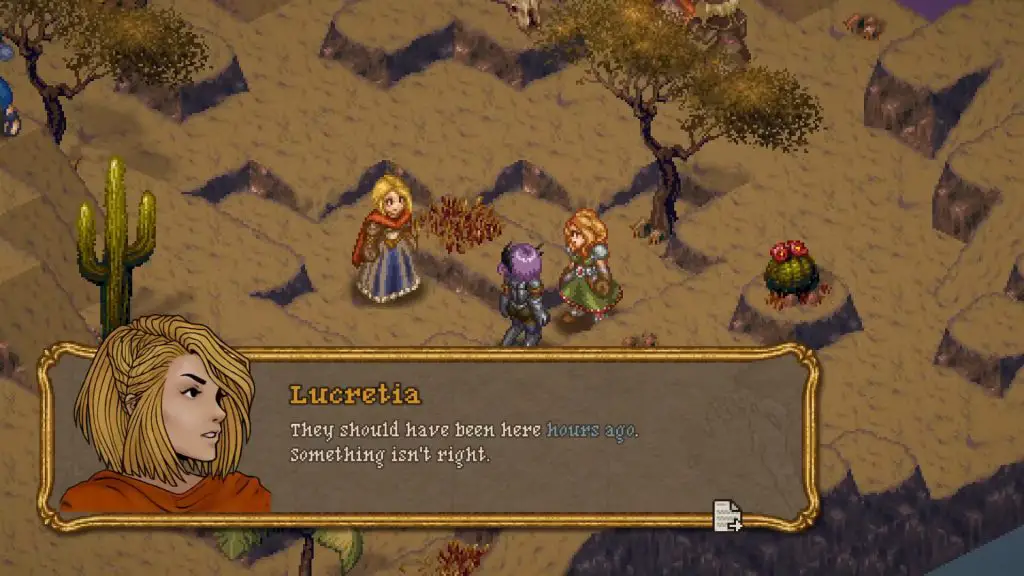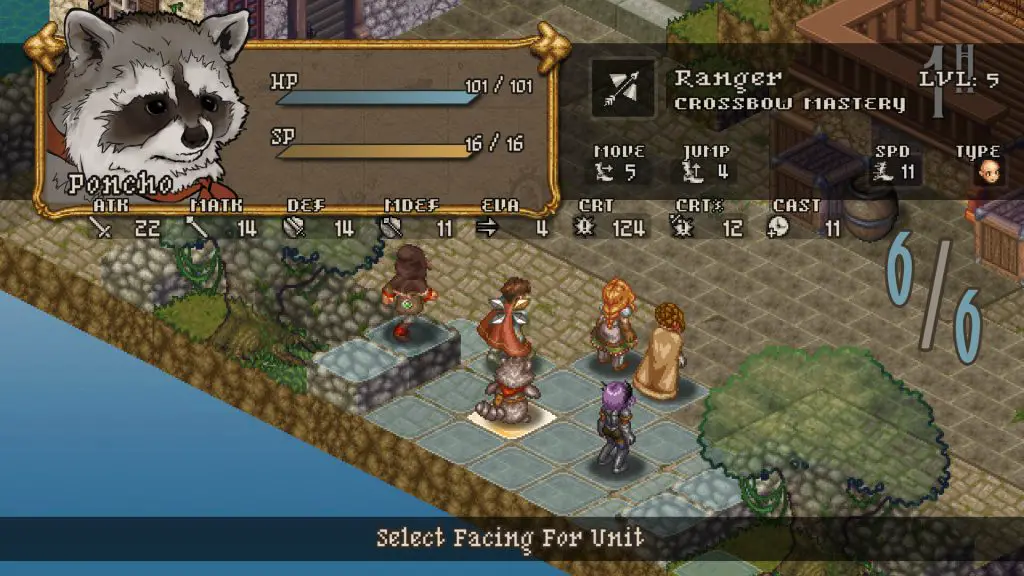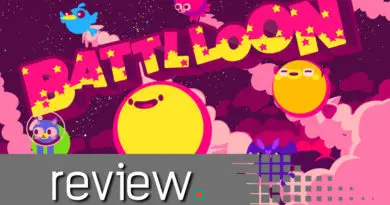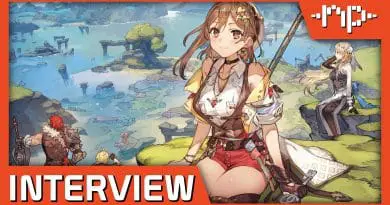Arcadian Atlas Review – Love on the Battlefield
-
Title: Arcadian Atlas
Developer: Twin Otter Studios
Release Date: July 27, 2023
-
Reviewed On: PC
Publisher: Serenity Forge
Genre: SRPG
There’s no end to games inspired by Final Fantasy Tactics. Even after so many years, fans still enjoy the classic SRPG systems and job classes across a politically charged narrative. While modern releases have perfected the balance and presentation of this genre, few have really delivered the impactful narrative one hopes for from these adventures. Arcadian Atlas wears its influences on its sleeve but doesn’t shy away from providing a unique experience across a truly captivating campaign.
Arcadian Atlas presents itself as a game about two lovers, Vashti and Desmond, who are torn apart after the king suddenly falls ill and dies. The blame for this is spread across the inner circles of elites, but the result sees his eldest daughter raise arms against the Queen and start a revolution. This leads to Vashti and Des choosing opposite sides to fight for.
That said, the love these two characters share isn’t fully explored until much later in the campaign. You know they’re close, but they have different ideals. Surprisingly, the developers seem to understand this and created other plot points to add substance to the overarching narrative, you know, the war that’s ranging. Several powers are at play, and everyone seems to be hiding something up their sleeve. This leads to moments of tension are true intentions are revealed, and the veil is lifted on the cause of the king’s death.
Further, magic, which has been more or less outlawed, also plays a role in the narrative. These added distractions don’t overcomplicate the story either. Instead, they give you interactions you can’t wait to see play out. You watch these characters evolve throughout the campaign, which at points, you even have control over. Yes, choices are made during the dialog that guides you to unique battles and story changes. These choices do have an overall effect on some relationships as well, which I was surprised to see.
Outside of cutscenes, you’ll be readying units and heading into battles. The opening chapter provides access to the base job classes and flow of combat. However, deeper systems are introduced later in the game. While traversing the map, you’ll travel to event spaces for cutscenes, fights, or subquests. Strangely, if it’s an event space, it’ll trigger as soon as you touch it, but subquests can be accepted when standing there. I would have preferred an option to begin the battle or cutscene so I could Save before, but as it stands, you need to save before you head to the space. And before you ask, there is no auto-save option.
The structure of battles will look familiar to other SRPGs. The turn order can be found at the bottom of the screen, and units can be moved based on their stats and speed. It’s pretty straightforward, but the units’ classes add to the unique elements of combat. These aren’t fully realized until future chapters, but understanding unit skills is needed to get through late-game encounters. In fact, higher-level units gain access to some mean trap and magic skills that test your ability to preemptively plan a course of action.
One strange feature is how leveling works. Instead of units gaining levels for their actions in combat, they automatically gain a level after each battle. Given that there aren’t random battles, you’ll never be overpowered during an event fight. However, you can also earn levels by completing subquests found at the tavern. The only drawback of this system is how units are hired.
You see, you can recruit units for a fee, but these are tied to your current level, meaning if you aren’t using a unit currently in your party, they’ll be highly lower leveled. So, you can simply recruit units to your level and forget about the unused unit. I’ll add that there is permadeath here, so whether you want to or not, you’ll be recruiting units.
Another issue with recruitable units is that they can usually die in battle without losing the mission, but the main characters can’t. If a lead character completely dies, the game is over. This encouraged me just to create a party of recruited soldiers, but on the other hand, the lead characters all have access to special skills. So you choose how you wish to approach this.
As you complete side missions, you’ll earn Command Points that can provide discounts to your shop purchases or even let you choose a new job class for the main characters. Equipment is straightforward, and I never had an issue affording the newest gear for my core party. However, I would have liked an auto-equip button to easily equip some of my weaker units in case I needed them at some point.
As it stands, most core customization of characters is done manually. You’ll need to go in and set each unit’s skills and equipment, which does become taxing after a while. The menuing and setup take some time, but the path you choose for each character leads them to advanced job classes and various new skills. Depending on the job class and weapon equipped, there are plenty of character builds to fine-tune. Late-game battles offer some of the most fun encounters of the game because you’ll be utilizing your entire arsenal of attacks which even extends into card-based magical attacks.
I believe this is largely due to the high number of status effects within combat. There are many ways to slow down or cause damage to enemy forces, but they can also do the same to you. These attacks are more than just ways to cause damage; you begin to plan strategies that can render your enemies immobile, buff your forces, or cause high elemental damage to the field. There are no items within the game, but the healer class is very capable of doing their job once they unlock a few skills.
Graphically, Arcadian Atlas has some tremendous pixelated animations. There’s a significant amount of abilities that each have unique animations, and the characters’ facial features express themselves through eye movement. The environments are distinct, with some lending ways to various strategies.
However, obstacles and vertically don’t affect attacks, and it doesn’t matter which side of the enemy you attack; it’ll do the same damage. Evasion is the only stat that allows you to dodge attacks, and it is possible to cause critical damage, but I don’t know why they let you choose the direction of your unit after a turn when it doesn’t seem to matter which way they’re facing.
The music of Arcadian Atlas is unlike any game of this genre I’ve played. It’s all very jazy but can be epic during key moments. It’s an emotional soundtrack that grows on you throughout the campaign.
Arcadian Atlas is a brilliant love letter to the SRPG greats. While its inspirations are easy to spot, the narrative immerses players in this world across a story of love, honor, and loss. Every system lends to the depth of combat that evolves across the entire campaign. The result is an experience unrivaled in this space, where players are challenged during battles, but their emotional attachment to these characters keeps them pushing forward. Some quality-of-life updates are needed to fine-tune the menu navigation, but the wait for this release was genuinely worth it.
This post may contain Amazon affiliate links. As an Amazon Associate Noisy Pixel earns from qualifying purchases.
